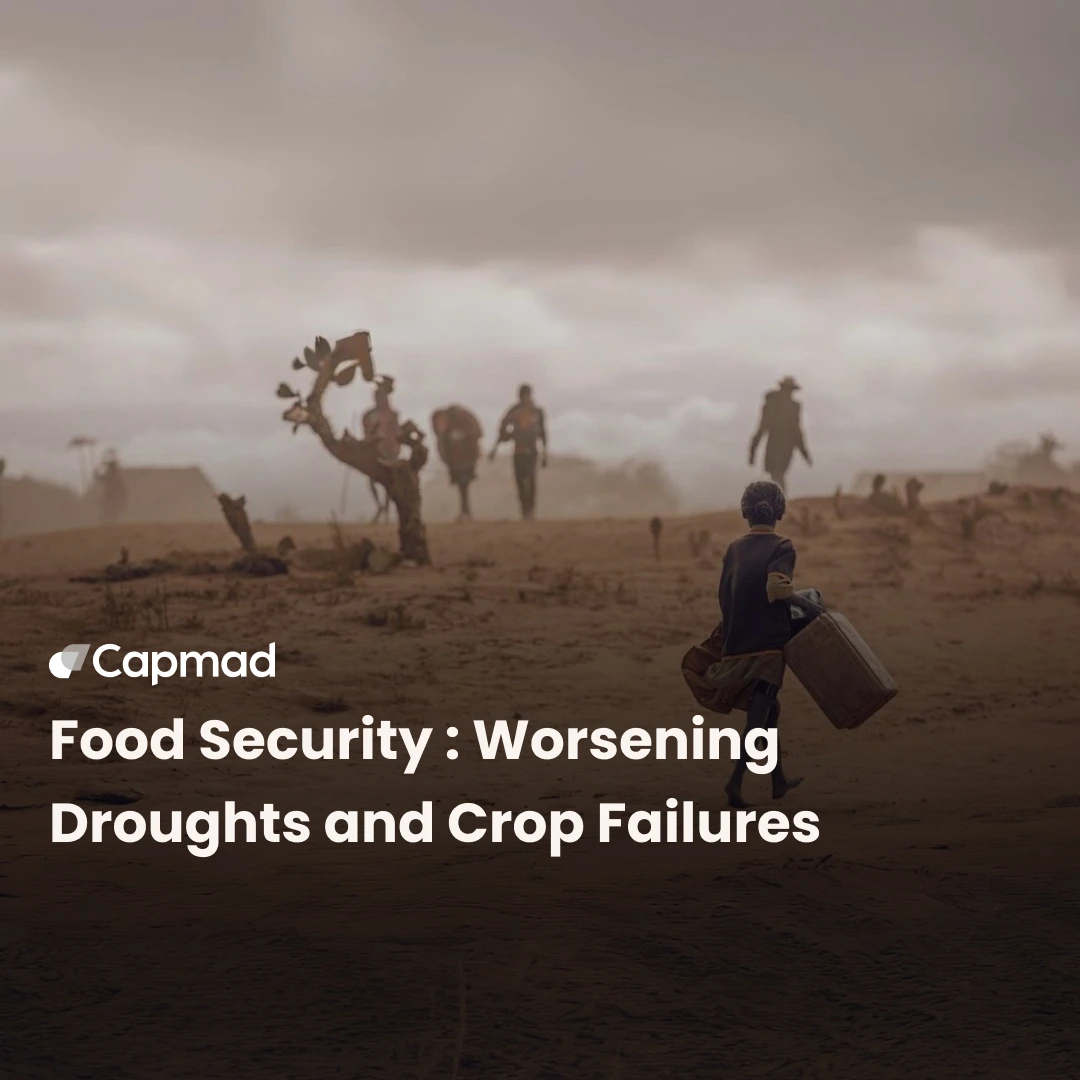West African sea turtles face many challenges, including trafficking, which threatens their species. This dilemma highlights the need to create viable alternative sources of income for local fishing communities.
Scale of sea turtle trafficking in West Africa
The world’s sea turtle population currently stands at around 6.5 million, the majority of which are threatened with extinction. In addition to climate change, human activities are a major factor in their decline. Between 1990 and 2020, an estimated 1 million sea turtles will have fallen victim to trafficking, an illegal activity that is particularly prevalent in West Africa.
Turtles on the brink of extinction
The West African coast is home to the world’s most important nesting beaches for sea turtles. These include the loggerhead, leatherback, hawksbill, green and olive ridley species, all of which are threatened with extinction. All five species are on the International Union for Conservation of Nature’s (IUCN) Red List of Threatened Species.
Like elephant ivory poaching in Togo and Benin, sea turtle trafficking is another common form of illegal trade in West Africa. This illegal activity is particularly prevalent in Togo, Liberia, Côte d’Ivoire, and Ghana. For thousands of years, sea turtles have been an essential livelihood for coastal communities in West Africa. These reptiles are unjustly hunted for their meat, eggs, shells, skin, and internal organs.
Illegal turtle market is booming
In a single incident in June 2021, Burkina Faso customs intercepted 555 sea turtles smuggled from Bamako in Mali and Lomé in Togo. The turtles are smuggled along trade routes from Ghana to Nigeria via Liberia, Benin, and Cameroon. Trafficking is driven by both personal needs and the lack of economic alternatives for coastal communities.
In Togo, most sea turtle eggs are trafficked by local fishermen, while their meat is sold illegally for local consumption. Meanwhile, their shells are used to make jewelry, handicrafts, souvenirs, and traditional remedies. Various beliefs even attribute aphrodisiac properties to turtle products.
Poachers also target African nesting sites, particularly the beaches of the Bijagos archipelago, Sierra Leone, Côte d’Ivoire, Ghana, southern Cameroon, Sao Tomé and Bioko. What’s more, the 7 countries in the PRCM area (Mauritania, Senegal, Gambia, Guinea Bissau, Cape Verde, Republic of Guinea, Sierra Leone) are home to 6 of the world’s 7 marine turtle species, demonstrating the vulnerability of these animals to poaching. In Madagascar, poaching is threatening the endemic star tortoise.
Turtle trades a major threat
Sea turtles face several threats, despite their important role in the marine ecosystem. Poaching is exacerbating the decline of this species. On the other hand, pollution, human activities, and the degradation of beaches and the marine ecosystem due to climate change put them at risk of extinction.
Impact on the marine ecosystem
Sea turtles play an essential role in maintaining the ecological balance of the seabed, helping to protect the diversity of marine life. These reptiles feed on a variety of elements such as algae, marine plants, crabs, crustaceans, jellyfish, mussels, and small fish. Their diet helps to limit the excessive proliferation of marine sponges and maintain a balance in jellyfish populations. Sea turtles also play an active role in maintaining healthy coral reefs, contributing to the overall balance of the marine ecosystem.
Impact on ecotourism
As an integral part of biodiversity conservation, ecotourism is essential to balancing coastal development and sea turtle conservation. This sector is supported by environmental organizations such as the World Wildlife Fund (WWF), and these initiatives aim to raise visitor awareness while generating profits that are reinvested in the conservation of endangered species.
Ecotourism provides an alternative source of income for West African coastal fishermen involved in the sea turtle trade. However, the decline of these species can threaten ecotourism revenues. It is important to note that the iconic status of sea turtles can harm these animals. The development of turtle tourism, even for conservation purposes, can be detrimental if not properly controlled.
Successes and challenges in combating trafficking
West African countries are well aware of the seriousness of sea turtle trafficking and its impact. Member countries of the Economic Community of West African States have signed the Convention on International Trade in Endangered Species. However, enforcement of sea turtle protection laws remains weak, with offenders often receiving only warnings.
Measures to combat trafficking
Over the past two decades, West African countries have established marine protected areas, such as the Bijol Islands in The Gambia and Keta Lagoon in Ghana, to protect sea turtles. Despite the creation of these marine protected areas, local human, financial, and technical resources remain limited. Existing patrols lack the manpower and equipment to effectively monitor and protect turtles and their eggs. This responsibility is often assumed by international NGOs, a solution that is unsustainable in the long term.
Solutions to reduce trafficking
African countries can draw inspiration from Côte d’Ivoire’s best practices to combat sea turtle trafficking. The Ivorian authorities have established fruitful partnerships with NGOs and local communities to promote ecotourism. This initiative, in collaboration with the CEM, is creating jobs in the hotel and restaurant sector.
As well as creating alternative sources of income, CEM is also involved in providing essential services such as installing solar-powered drinking water systems, building local health centers, and rebuilding primary schools. Thanks to these joint efforts, Côte d’Ivoire has established its first marine protected area for nesting turtles at Grand-Béréby.







